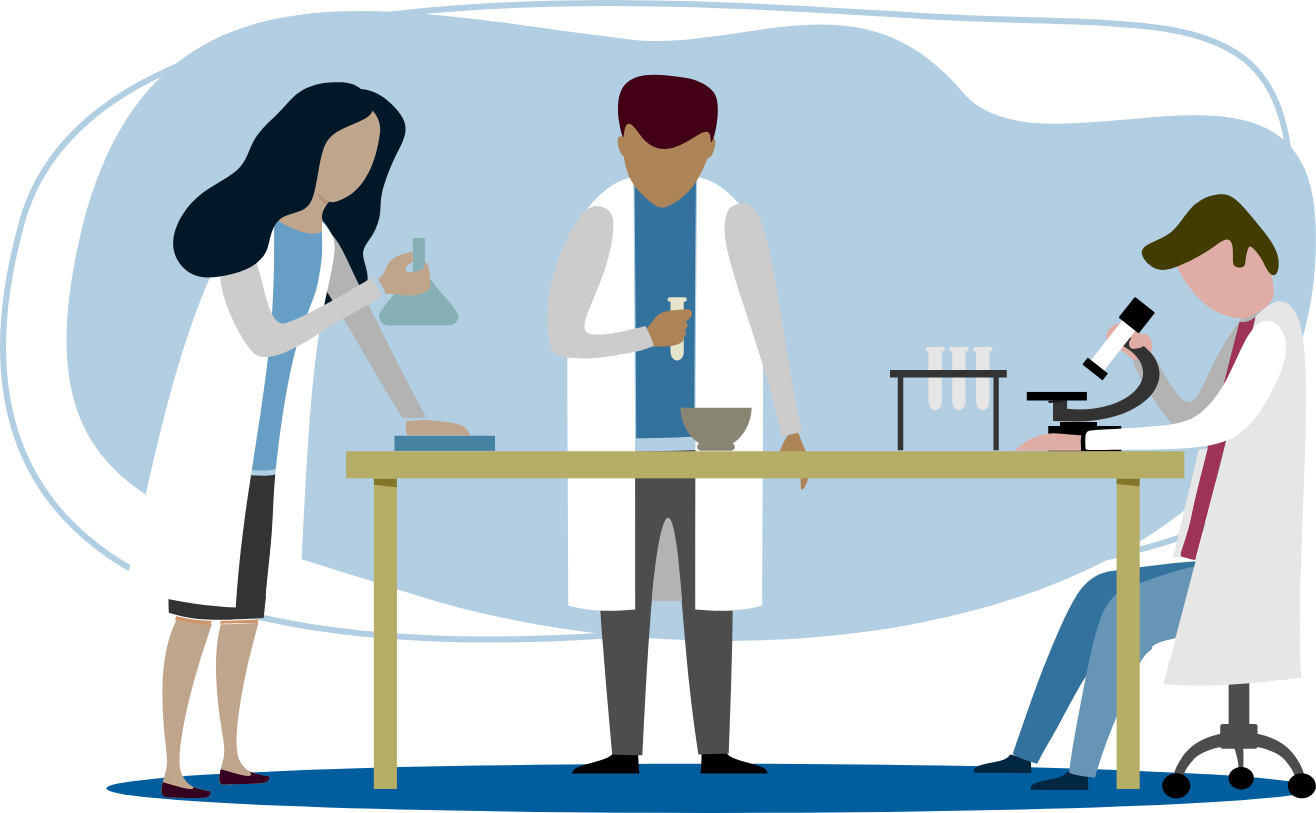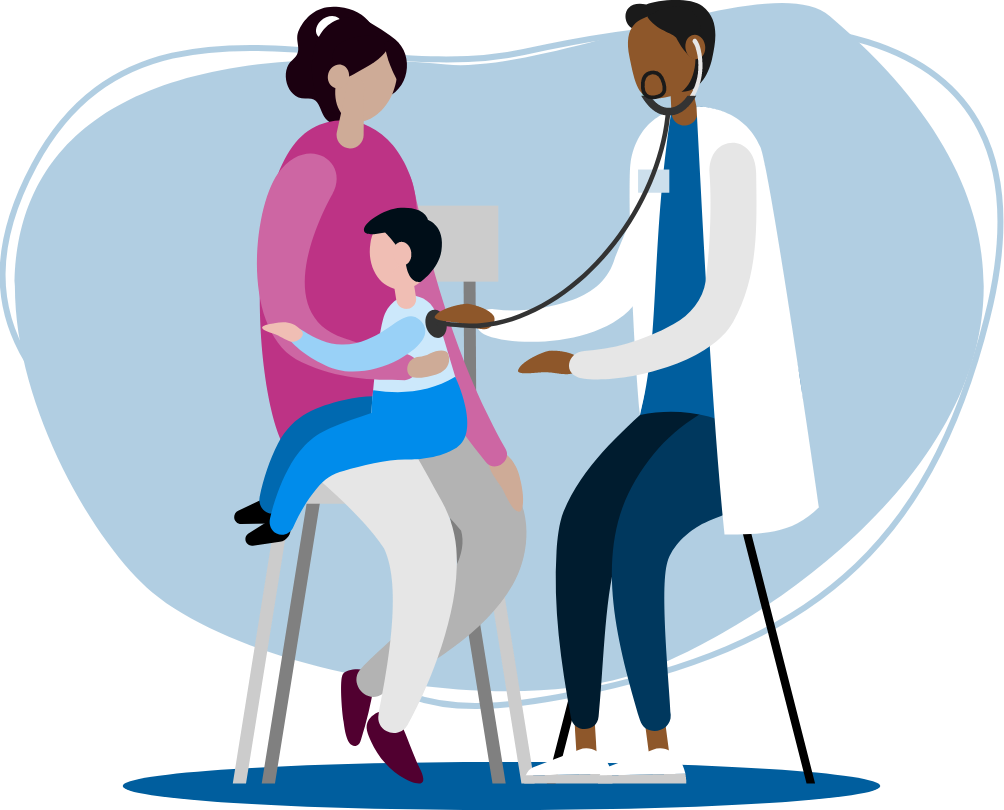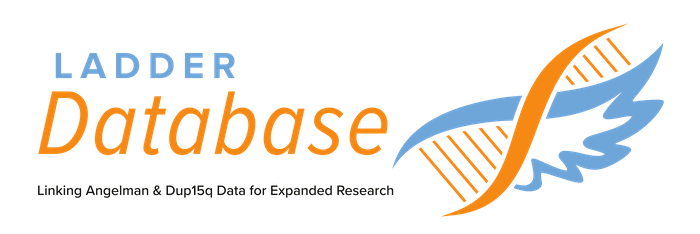What is LADDER?
Linking Angelman and Dup15q Data for Expanded Research (LADDER) is a database platform that links data on individuals with Angelman or Dup15q syndromes collected from multiple sources, such as research studies, registries, caregiver reports, and clinic visits. By linking these sources of information, LADDER can expand research and accelerate the development of interventions and treatments for individuals with Angelman or Dup15q and their families.
You can learn more about these conditions by visiting the Angelman Syndrome Foundation and the Dup15q Alliance. Through the generous support of these organizations, we can provide this new and expanded data source for individuals with these conditions.
Enroll in LADDER
Access LADDER Data
What is LADDER?
Linking Angelman and Dup15q Data for Expanded Research (LADDER) is a database platform that links data on individuals with Angelman or Dup15q syndromes collected from multiple sources, such as research studies, registries, caregiver reports, and clinic visits. By linking these sources of information, LADDER can expand research and accelerate the development of interventions and treatments for individuals with Angelman or Dup15q and their families.
You can learn more about these conditions by visiting the Angelman Syndrome Foundation and the Dup15q Alliance. Through the generous support of these organizations, we can provide this new and expanded data source for individuals with these conditions.
Enroll in LADDER
Access LADDER Data
Who is LADDER for?



Family members of individuals with Angelman or Dup15q are important allies in the road to developing treatments for these conditions and, in many cases, families have already contributed data elsewhere. LADDER maximizes those contributions by combining those data into a centralized platform, which streamlines research efforts focused on answering important questions about Angelman and Dup15q.
To help families understand how their data are used, we offer summaries of ongoing research that are written for families to understand. We also share personalized information with families about targeted research studies and clinical trials.
Click here to learn more about how you can register with LADDER.
Click here to learn more about how LADDER can benefit families.
With over 50,000 historical data points that incorporate EEG data and genetic reports, LADDER improves researchers’ ability to answer fundamental research questions. To maximize LADDER’s utility, we ensure that datasets are cleaned and also provide additional analyses across datasets.
Click here to learn more about how you can register with LADDER.
Click here to learn more about how LADDER can benefit researchers.
Data collected by clinicians are a crucial source of information—those data guide the development of better treatments for individuals with Angelman or Dup15q syndromes. By submitting data to LADDER, clinicians strengthen our ability to provide integrated information to the research community, which significantly accelerates the development of treatments. Click here to learn more about how you can register with LADDER.
LADDER aims to:
- Provide new information to researchers, clinicians, and families about the characteristics and clinical needs of individuals living with Angelman or Dup15q.
- Help further our understanding of potential links between types of genetic mutation and symptom severity.
- Expand our understanding of the experiences of individuals with Angelman or Dup15q and their families across the lifespan by collecting information at different times as they age.
- Facilitate the development and testing of new therapeutics.



